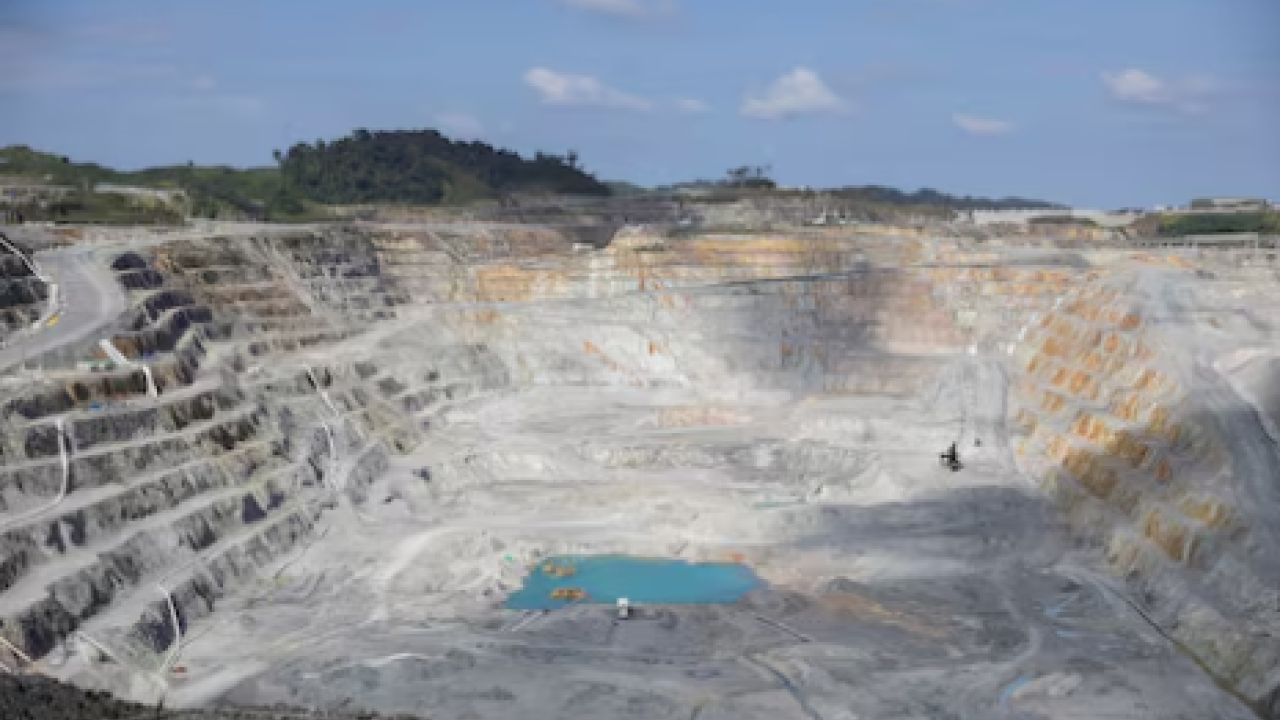
It is largely due to the closure of the Cobre Panamá mine, which directly and indirectly contributed around 5% of the country's GDP.
The International Monetary Fund (IMF) has pointed out that Panama's economic growth will slow down this year, with an expansion of the Gross Domestic Product (GDP) of 2.5%, after the rebound of 7.3% in 2023.
This lower growth is largely due to the closure of the Cobre Panamá mine, which directly and indirectly contributed around 5% of the country's GDP. In addition, the agency sees it likely that growth in the non-mining sector will also slow down, as the strong recovery from the pandemic has "probably" come to an end.
"The short-term economic prospects are subject to a high degree of uncertainty and Panama faces higher financing costs. Although, the balance of risks leans downward," explained the IMF technical staff after preparing the conclusions of Article IV.
Thus, in the medium term, GDP is expected to grow around 4%, subject to considerable uncertainty, as construction and investment are unlikely to provide the same support as before the pandemic.
In this context, the IMF has warned that Panama faces other key risks such as the loss of investment grade, greater social unrest, or the consequences of the end of copper production (including international arbitration proceedings).
The risk of further downgrades of the sovereign rating is high in the event that the authorities do not have a "credible" plan. This downward revision would lead to an increase in financing costs and exacerbate potential adverse debt dynamics.
On the other hand, the IMF has pointed out that meeting the fiscal deficit target of 2% of GDP by 2024 will require an excessively large compression of public investment.
Finally, with regard to the banking system, the IMF has described it as "imperative" that it remains well capitalized and liquid. It has generally assessed the system as resilient in the face of severe recession scenarios but risks have increased amid higher interest rates and a slowing economy.









